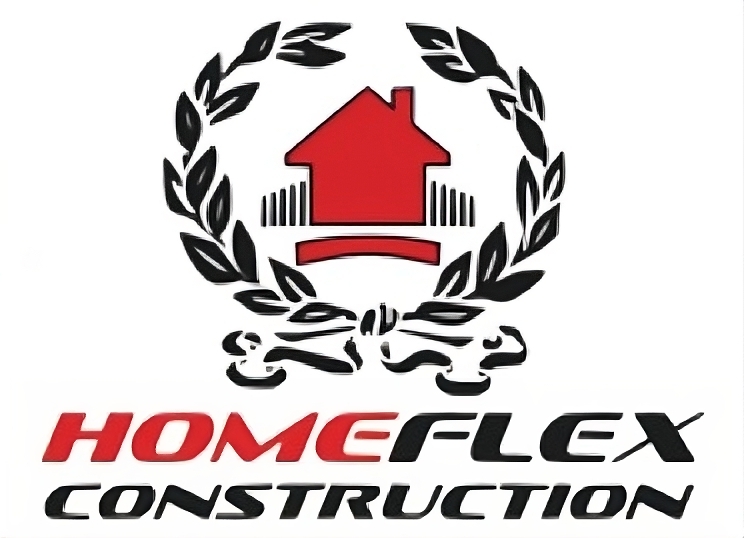Whether you’re a longtime homeowner in NYC or just moved into a brownstone in Brooklyn, keeping your property in top condition is essential. But many hidden issues, from foundation cracks to outdated wiring, can quietly compromise your home’s safety and value.
That’s where a professional home inspection comes in. Knowing the signs that indicate it’s time to call in an expert can help you catch problems early, avoid expensive repairs, and maintain peace of mind.
Why Routine Inspections Are Key for NYC Homes
New York homes, especially older or historic buildings, can experience wear and tear from changing seasons, moisture, pests, and outdated construction. A routine inspection isn’t just for buying or selling; it’s a smart maintenance move that can protect your investment and your family.
Below are some common red flags that mean it’s time to schedule an inspection, plus what steps to take once the issues are identified.
1. Cracks in Walls, Ceilings, or Foundation
Notice cracks running across your drywall, ceilings, or basement floor? While hairline cracks may be harmless, larger or widening cracks can signal structural problems or shifting foundations. These are major red flags that need expert assessment before things worsen.
2. Persistent Mold or Musty Odors
A lingering musty smell or visible mold on walls and ceilings points to excess moisture, often from hidden leaks or poor ventilation. Left unchecked, mold can affect indoor air quality and cause respiratory issues. A professional inspection can trace the source and recommend remediation.
3. Sagging or Uneven Floors
If your floors feel sloped, springy, or noticeably uneven, this could suggest underlying structural damage, water damage, or deteriorating joists. An inspector will use leveling tools to evaluate the issue and determine if repairs are urgent.
4. Frequent Electrical Issues
Tripping circuit breakers, flickering lights, or outlets that spark are more than just nuisances, they can be signs of outdated wiring or overloaded circuits. In NYC’s older homes, inspections can uncover safety hazards and suggest modern upgrades.
5. Water Stains or Peeling Paint
Discoloration on ceilings or walls usually means water is seeping in from somewhere, possibly a leaky roof, clogged gutter, or cracked pipe. Don’t just paint over it. A home inspection can locate the root cause and prevent long-term damage.
6. Pest Infestations or Droppings
If you’re seeing rodent droppings, termite tunnels, or unexplained holes in walls or floors, you could be dealing with a serious infestation. An inspector can confirm the extent of the problem and guide next steps, including pest control and repair.
7. Roofing Issues or Leaks
Missing shingles, sagging gutters, or visible roof damage are all warning signs. Roof problems can lead to leaks, insulation failure, and structural decay. A professional inspector can check the roof’s condition and recommend repairs or replacement.
8. Plumbing Problems or Low Water Pressure
Are your faucets trickling or your pipes groaning? Low pressure, slow drainage, or recurring clogs might signal deeper plumbing issues like corroded pipes or underground leaks. An inspection can help pinpoint what’s going wrong.
9. HVAC Systems Acting Up
Uneven heating, noisy AC units, or rising energy bills can mean your HVAC system is working inefficiently, or about to fail. A home inspection includes checking the age, condition, and performance of your heating and cooling units.
10. You’re Planning Renovations or Selling
If you’re about to start a major renovation or list your property, an inspection is a must. It reveals hidden issues you’ll want to fix first, saving you time, money, and surprises during the renovation or sales process.
Conclusion
Your NYC home is a valuable asset, and protecting it starts with knowing when to bring in professional help. From structural cracks to subtle electrical issues, the signs of deeper problems aren’t always obvious. But catching them early through a home inspection can save you thousands and keep your family safe.
If you’ve noticed any of these red flags, don’t wait. Call a licensed NYC home inspector and take control of your home’s health before minor issues turn into major problems.
